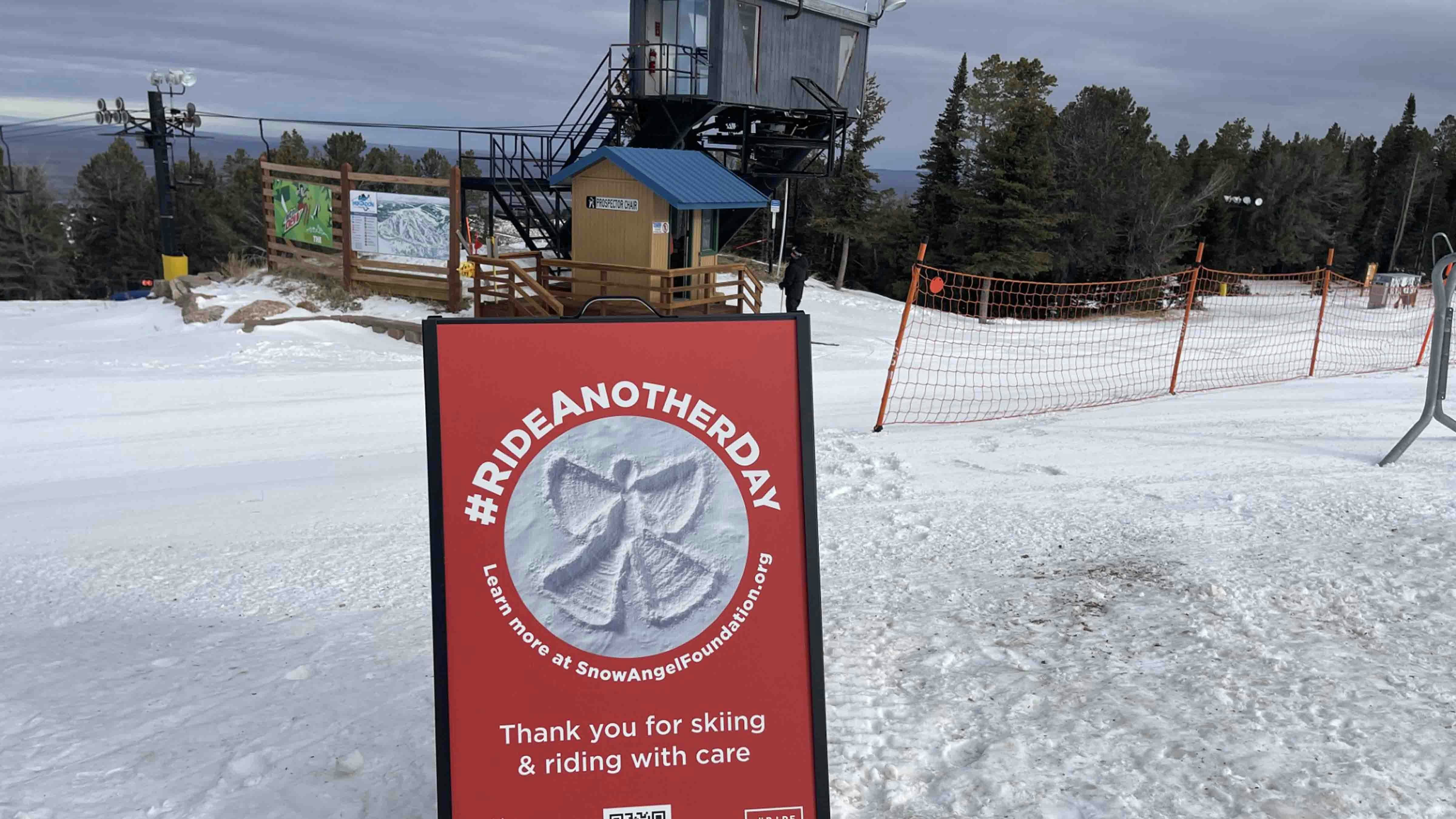Organizers of hunts for disabled veterans in Wyoming worry that proposed changes to landowner hunting tag regulations could shrink the pool of tags available to veterans.
Hunting With Heroes Wyoming and similar groups rely on donated hunting tags, many of which come through Wyoming’s landowner tag program, Bill Brinegar, executive director of Hunting With Heroes Wyoming, told Cowboy State Daily.
The Wyoming Game and Fish Commission is considering a proposal to raise the number of acres required to qualify for landowner tags from 160 to 640.
There’s concern that could disqualify owners of smaller properties across Wyoming from getting landowner tags.
That could include many property owners who donate tags for disabled veterans’ hunts, said Brinegar, a former Game and Fish game warden. Hunting With Heroes Wyoming was founded in 2013 by Army veterans Dan Currah and Colton Sasser.
“I do know from being a game warden that there’s an awful lot of what I would call smaller landowners out there,” Brinegar said.
How Tag Donations Work
The Wyoming Game and Fish Department’s landowner tag program allows qualifying property owners to apply for hunting tags for certain huntable species. Those species include elk, deer, antelope and wild turkeys.
To qualify for tags, one needs to own at least 160 contiguous acres in a draw-only hunt area for each species being applied for, according to Game and Fish regulations.
The land must also provide food, cover and water for the species being applied for. And it must provide at least 2,000 days of use each year for the species the landowner is applying for.
What that means, for instance, is if 10 deer occupy the land for at least 200 days a year, that counts as 2,000 days of use.
Likewise, if 500 elk are on that land for four days a year, again, that would also count as 2,000 days.
There’s discussion of increasing the qualifications to at least 160 cultivated acres, or 640 contiguous acres, and 3,000 days of use.
Landowners may give their tags to immediate family members. Or, tags may be donated to charitable hunts for veterans, such as those that Hunting With Heroes organizes.
For donations, landowners surrender their tags back to Game and Fish, which in turn distributes them to qualifying charitable organizations, Brinegar said.

Lifesaving Outdoor Adventures
Since its founding, Hunting With Heroes Wyoming has taken roughly 3,000 disabled veterans hunting and angling in Wyoming. It’s served an average of about 300 veterans each year.
Hunting With Heroes Wyoming not only hosts veterans recovering from service-related physical injuries, but also those who are struggling with the mental effects of war.
Brinegar isn’t a veteran, but his father is a Vietnam-era veteran, and his middle son is currently serving in the Army.
What Hunting With Heroes and similar groups provide to veterans goes far beyond outdoor adventures, he said.
“When they come back home and back into their communities, they don’t have people they can talk to,” Brinegar said.
There’s something about being outdoors that lets people deeply relax and open up, he said.
“Some of these guys have told me stories and then said, ‘Gosh, I’ve never told anybody that story,’” he said.
Being around other veterans on hunting and fishing trips helps them feel at ease.
And frequently, veterans have formed “lifelong friendships” with landowners who donated their tags and host the hunts on their property, Brinegar said.
The outdoor experiences in Wyoming have helped veterans on their journeys toward recovery.
“We’ve saved lives,” he said.
‘Unintended Consequences’
Brinegar said that Hunting With Heroes Wyoming and other veterans and supporters plan to voice their concerns to the Game and Fish Commission.
Along with raising the requirements for acreage and animal use days, the proposed changes could put more of the burden of documenting those things on the landowners, Brinegar said.
“Those guys, they don’t have a lot of extra time,” he said.
The worry is that the proposed changes could have “unintended consequences” for disabled veterans’ hunts, he said.
Mark Heinz can be reached at mark@cowboystatedaily.com.





